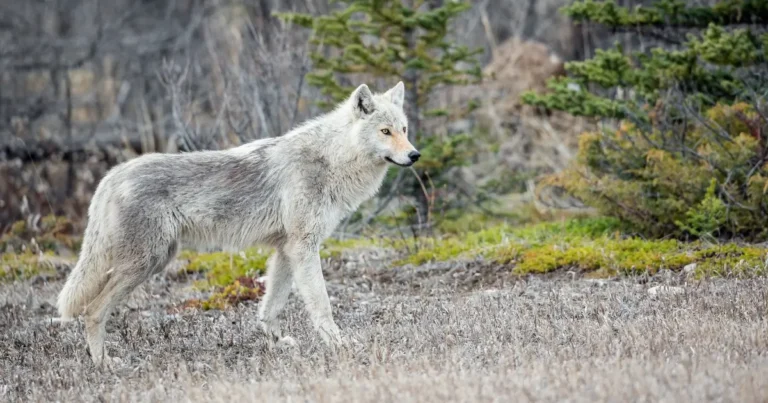
We at The Fur-Bearers want a fur-free Canada, yes. But we also want a prosperous Canada, where everyone who is able and willing to work hard to feed their family will have that choice.
Of course, the proponents of the fur industry stretch numbers and imply that without the skin of animals they kill, economic ruin will rain down upon them. And that, as we like to say, just isn’t so. We have often discussed the ways that the lifetime of skills learned by trappers or fur farmers could be applied in new – and highly profitable – compassionate businesses.
Wineries: Nova Scotia, the home of most of Canada’s mink farms, has a surprisingly successful wine industry. In fact, one economic impact report commissioned by a group of vineyard associations indicated that the Nova Scotia wine industry was worth more than $160,000,000 in 2011 – that’s 160% more valuable than the entire Canadian fur trade. The report also noted that Nova Scotians earned nearly $31,000,000 in wages as a direct result of the industry.
Greenhouses: across Canada, greenhouses are continuing to earn – and grow – despite downturns in other economics. From local produce to exotic flowers, there are any number of products harvested and sold from Canadian greenhouses. A survey completed by Greenhouse Canada indicated that 64 per cent of growers saw improved profits from 2014 to 2015, and 68 per cent expected to increase prices. With a desire for locally produced goods, and an aging ownership, it’s an ideal business to enter.
Wildlife response: non-lethal solutions are constantly sought in urban and rural regions. From the success of AAA Gates’ Wildlife Control in Toronto to our own plans to start training Canadian business owners how to build and maintain beaver flow devices, there is plenty of business opportunity.
Adventure tourism: white water rafting, exploration and camping of national parks, traditional trade routes, and even casual guided tours are a growing business – particularly in British Columbia. The tracking, map reading, and outdoors skills of former trappers make them ideal guides or planners for such trips. And it’s pretty easy to see the profit: such trips in British Columbia and the territories range from $1,000 per person to as high as $10,000 per person, depending on the locale and involved activities.
Wildlife photography: as a wildlife photographer, a guide on wildlife photography tours, or as a trainer for those preparing for such treks, former trappers can develop a significant business using the skills they once employed in killing. Again, trips in major tourist areas such as British Columbia and Alberta can range anywhere from $1,000 per person to significantly higher.
Canadians spent $41 billion on nature-based recreational activities in 2012. It’s estimated that bear viewing in British Columbia alone is worth $15.1 million per year – more than 10 times the value of resident and non-resident bear hunting. Wilderness tourism in British Columbia brings in $13.8 billion in revenue and employs over 100,000 residents.
When the realities of these industries are compared, there is no argument to make that fur is essential to our economy. Canadians – and citizens of the world – love our country, and our wildlife. And they’re willing to pay to see it.
monthly donor (for as little as $5/month – the cost of a single latte) please click here and help us save lives today.

